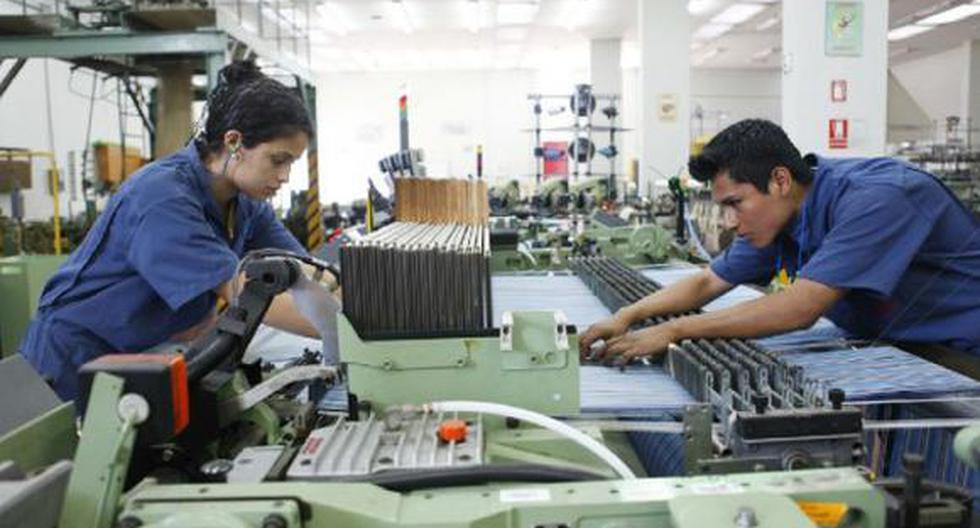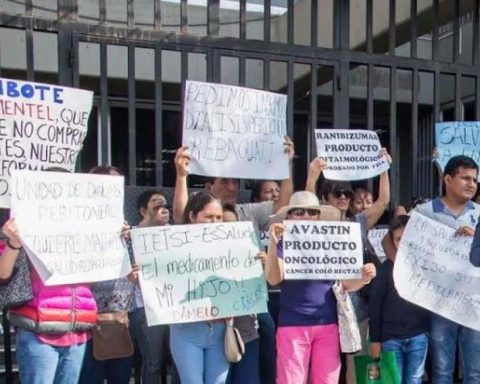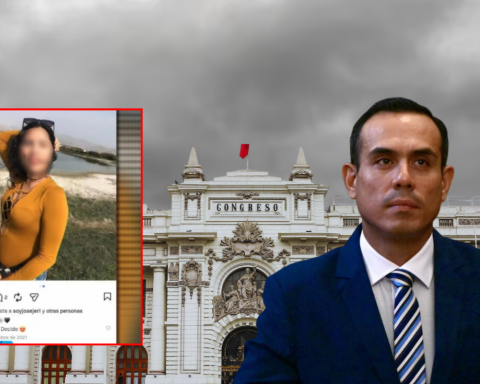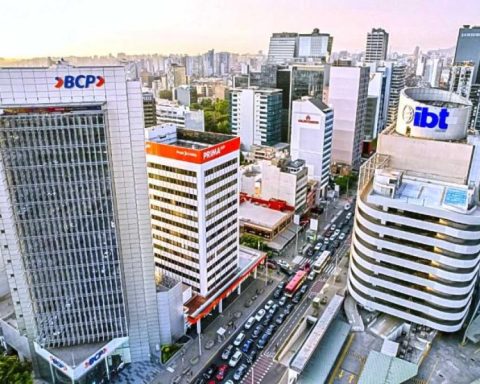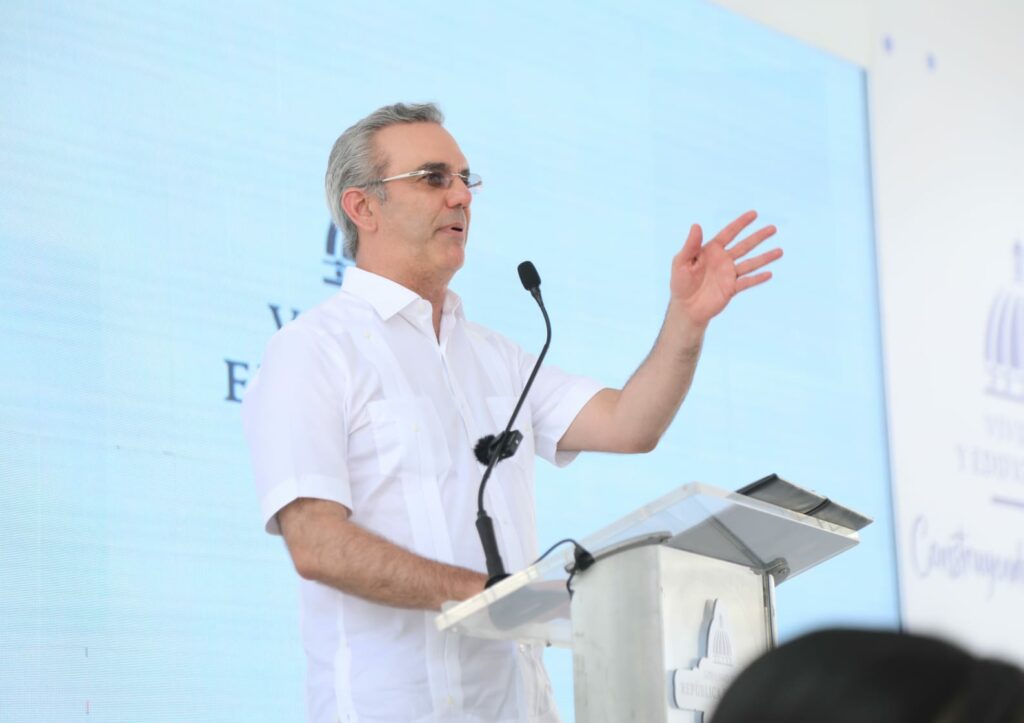The Council of Ministers today approved the bill that “establishes the granting of an extraordinary subsidy to promote the formal hiring of young people between the ages of 18 and 29 in the private sector.”
The rule aims to benefit more than 164,000 young people who would be hired by around 45,000 private sector companies. The subsidy will allow the hiring of young people with a remuneration of up to S / 1,700 and will be granted for a maximum of six months for each hired worker.
This bill presented by the Ministry of Labor and Employment Promotion will allow the recovery of formal employment lost due to the effects of the COVID-19 pandemic, in order to promote the increase in adequately employed people.
Likewise, the measure will support the work of small and micro-enterprises, considering that only companies with no more than 100 workers will be able to hire. Similarly, it will open opportunities for young people to join the world of work and gain experience in their respective fields.
The norm has also been raised to further promote the hiring of women, as well as promote labor links for undetermined terms. Thus, the State will grant a subsidy percentage of up to 55% during the first three months to the salaries of young women who have been hired for an indefinite period. This percentage will be reduced to 27.5% during the following three months.
While in the case of men who are hired for an indefinite term, the subsidy will reach 45% of the total gross remuneration during the first three months and 22.5% during the following three months.
Percentage of the subsidy granted by each worker
In the case of fixed-term or part-time contracts, the state subsidy for women will be 45% during the first three months and 22.5% between the fourth and sixth months. While, in the case of men, the subsidy will be 35% the first three months, and 17.5% the following three months.
Companies that access this subsidy for hiring young people must meet a series of requirements such as: having an active RUC, not being involved in cases of corruption and related crimes, not being disqualified from contracting with the State and not being sanctioned for infraction labor by the Labor Inspection System.
With this law, in addition, the access of the youth population to the rights established in each formal labor regime is promoted.
RECOMMENDED VIDEO
:quality(75)/cdn.jwplayer.com/v2/media/YErWTZbV/poster.jpg)
